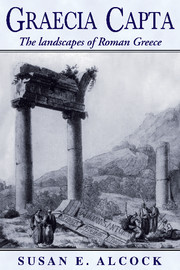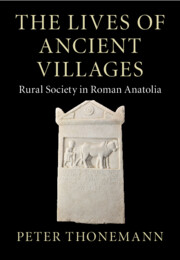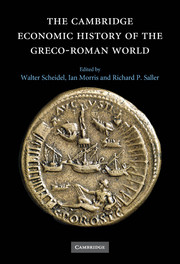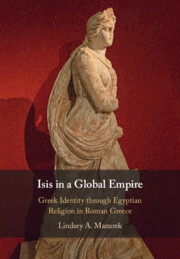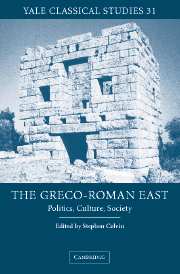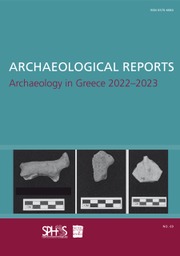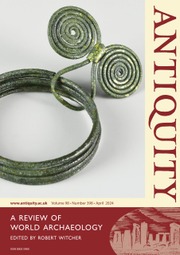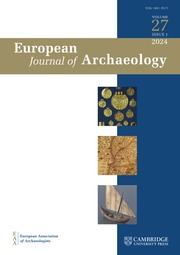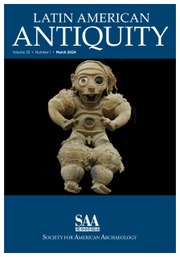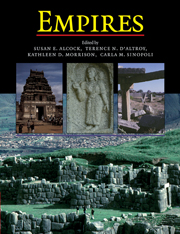Graecia Capta
This book explores the consequences of the Roman conquest of Greece. Social and economic developments during the period 200 BC to AD 200 are traced through a combination of archaeological and historical sources. The particular emphasis of this study lies in the use of archaeological surface survey data, a form of evidence only recently available for the study of the ancient world, which permits for the first time a detailed examination of subjects such as conditions in the countryside and demographic change.
- Author uses archaeological surface survey data in combination with literary sources - an unusual approach to ancient history writing
- Little else available about Greece under Roman rule
- Graecia capta are the first words of a poem by the Roman writer Horace, referring to Greece's cultural victory over her captor, Rome
Reviews & endorsements
'[This book] addresses in a novel way fundamental questions about the nature of Rome … This is a work of great intellectual originality, undoubtedly to be a benchmark study for the investigation of the processes of Roman imperialism though the combination of archaeological and historical data.' Antiquity
'Graecia Capta is one of the most impressive analytical studies based on a Roman province to be published in recent years, either as ancient history or as archaeology.' Journal of Roman Archaeology
Product details
April 1996Paperback
9780521568197
332 pages
230 × 151 × 18 mm
0.483kg
80 b/w illus. 10 tables
Available
Table of Contents
- 1. The problem of Roman Greece
- 2. The rural landscape
- 3. The civic landscape
- 4. The provincial landscape
- 5. The sacred landscape
- 6. Greece within the empire
- Notes
- Bibliography
- Index.

